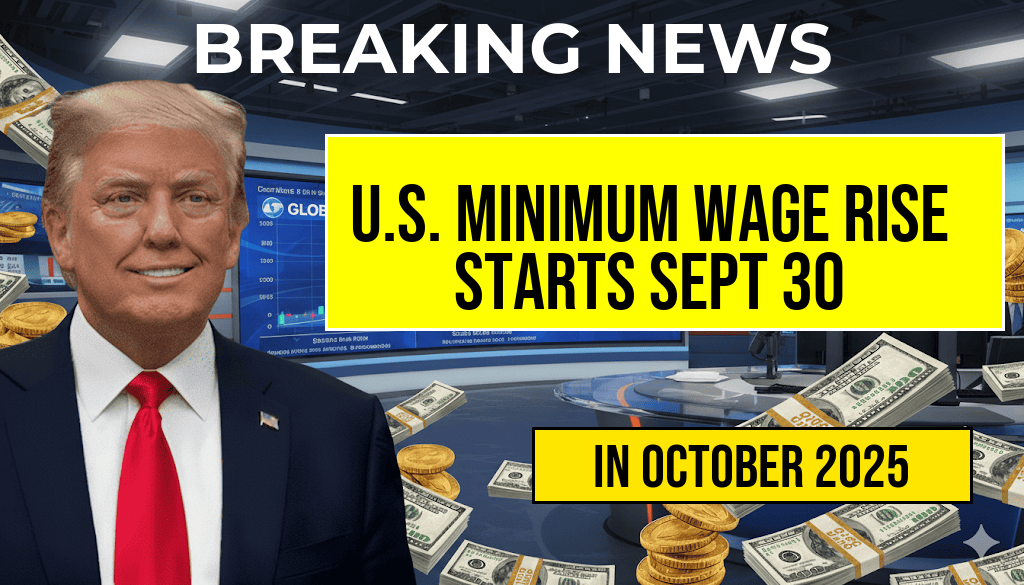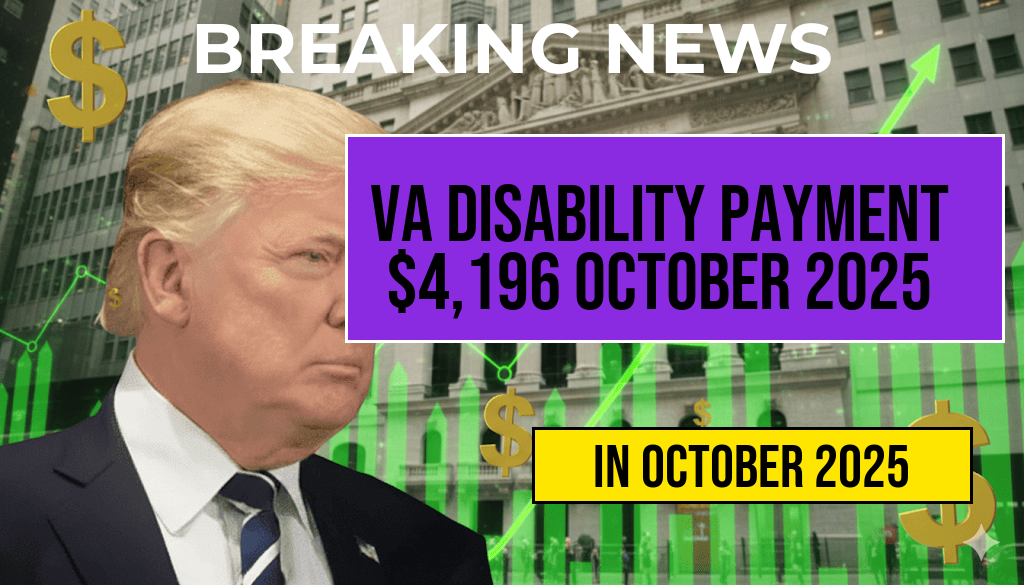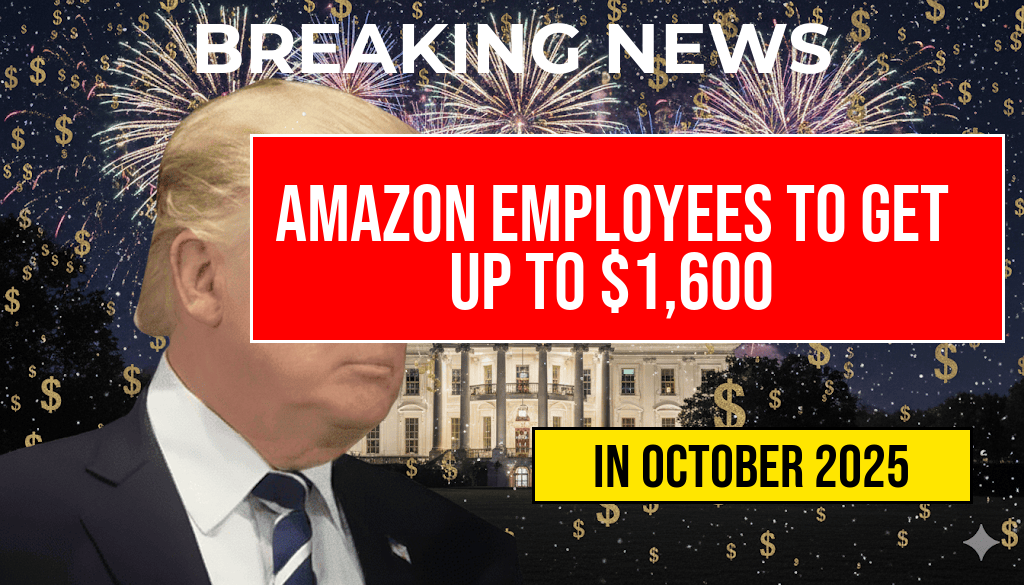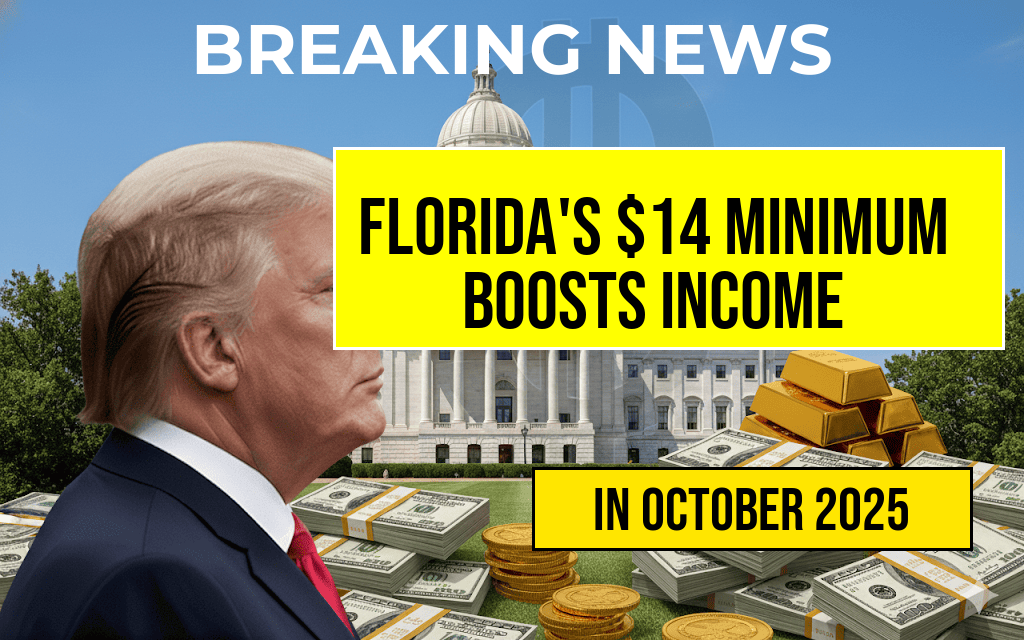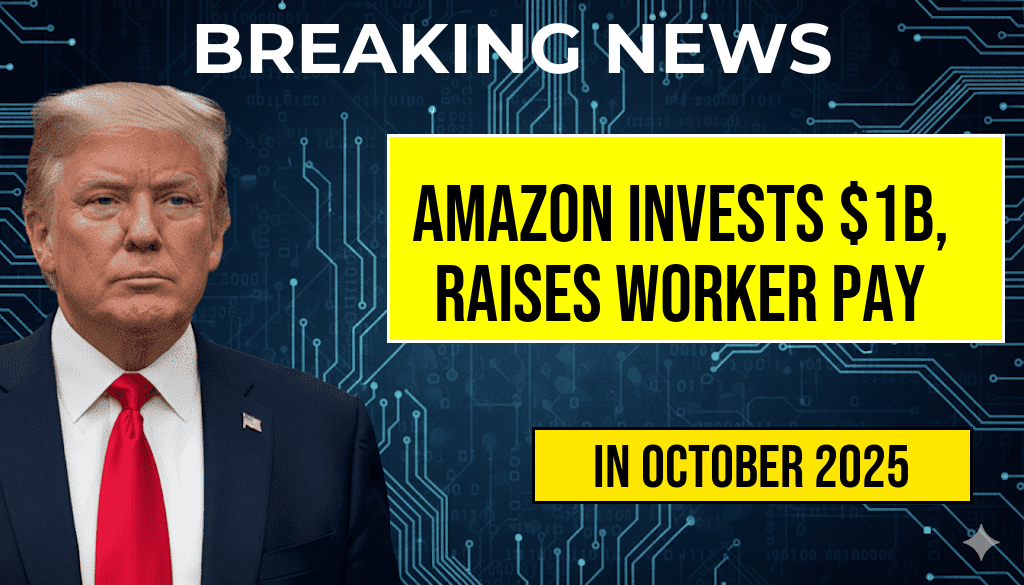The looming threat of a government shutdown could create a stark divide within the Social Security system, leaving current beneficiaries largely insulated while significantly delaying or halting processes for new applicants. As congressional leaders struggle to reach an agreement on federal funding, the fallout could deepen inequalities among seniors and disabled Americans relying on these vital payments. Existing recipients are likely to continue receiving their benefits without interruption, thanks to longstanding commitments and automatic payment processes. However, individuals applying for Social Security for the first time or seeking disability claims may face prolonged delays, potentially leaving many without income during a critical period. This scenario underscores the broader implications of political gridlock, exposing a fragile safety net that could fracture under fiscal standoffs and raising questions about the system’s resilience and fairness.
The Impact on Existing Beneficiaries
For millions of Social Security recipients, the prospect of a shutdown does not immediately threaten their monthly payments. The Social Security Administration (SSA) operates on a budget that is primarily funded by payroll taxes, and benefits are typically disbursed automatically through direct deposit or checks. This means that even if the government halts certain operations, the infrastructure supporting current benefit payments remains largely intact. According to SSA officials, existing beneficiaries should continue receiving their benefits on schedule, with no significant disruptions anticipated in the short term.
However, some administrative functions tied to ongoing support and service delivery, such as customer service operations and processing of beneficiary inquiries, may experience delays. Additionally, if the shutdown persists for an extended period, it could impact the agency’s ability to handle urgent issues or process complex cases, potentially affecting the most vulnerable populations who depend heavily on timely support.
Delays and Disruptions for New Applicants
While incumbent beneficiaries remain protected, new applicants seeking Social Security benefits—whether retirement, disability, or survivor benefits—face a very different reality. The application process for new claims relies heavily on SSA’s administrative capacity, which could be significantly hampered during a shutdown. Many of the functions involved in processing new claims, such as verifying eligibility, conducting interviews, and reviewing medical documentation, are considered non-essential and are likely to be halted.
Sources within the SSA indicate that new benefit applications could be delayed by weeks or even months, depending on the duration of the shutdown. This backlog would not only cause financial hardship for individuals awaiting approvals but could also strain community resources and advocates working to assist applicants. For disabled individuals awaiting crucial support, these delays could translate into worsening health conditions and increased economic insecurity.
Moreover, the shutdown could impact disability adjudication processes, which require detailed reviews and face-to-face assessments. Without active staff processing claims, many applicants might find themselves in limbo, with no clear timeline for resolution.
Financial and Social Ramifications
| Aspect | Impact on Existing Beneficiaries | Impact on New Applicants |
|---|---|---|
| Benefit Payments | Likely uninterrupted due to automatic processes | Potential delays in processing and approval |
| Administrative Services | Possible delays in customer support and issue resolution | Limited or halted claim processing and inquiries |
| Long-term Stability | Relatively stable | Increased risk of financial hardship |
The disparity in treatment raises concerns about equity within the social safety net. Policy analysts warn that the split could deepen inequalities, especially among vulnerable populations who are already struggling to access timely support. For many seniors and disabled Americans, the Social Security system serves as a crucial lifeline, and any disruption could have cascading effects on their health, housing security, and overall well-being.
Experts also highlight that a prolonged shutdown could have broader economic implications. Reduced consumer spending by beneficiaries unable to access their benefits promptly might slow local economies, especially in communities heavily dependent on social security income. Additionally, delayed payments could increase reliance on emergency services and social programs, placing further strain on government resources once the shutdown concludes.
Calls for Legislative Action
Senators and House members have expressed concern over the potential disparities caused by a shutdown. Advocacy groups representing seniors and disabled individuals are urging lawmakers to prioritize the protection of existing benefits while working swiftly to restore full services for new applicants. Some policymakers suggest establishing interim funding measures or emergency protocols to ensure that the Social Security system remains functional for all users, regardless of political stalemates.
Meanwhile, federal agencies are preparing contingency plans, but experts agree that the most effective solution remains a bipartisan agreement on funding to prevent a shutdown altogether. The situation underscores the importance of a resilient social safety net capable of weathering political storms without disproportionately disadvantaging certain groups.
For now, the uncertainty continues, with many Americans watching Capitol Hill closely as negotiations unfold. The outcome will have tangible consequences for millions of Americans relying on Social Security and related programs to navigate their daily lives.
Additional details about the potential effects of government shutdowns on social programs can be found on Wikipedia’s page on U.S. government shutdowns and analysis from Forbes.
Frequently Asked Questions
What is the main difference between existing Social Security beneficiaries and new applicants during a government shutdown?
During a government shutdown, existing Social Security beneficiaries continue to receive their benefits without interruption, while new applicants face complete delays in processing their claims.
How does a government shutdown impact the processing of new Social Security applications?
In the event of a government shutdown, federal agencies responsible for processing new Social Security applications often halt their operations, leading to significant delays in approval and payment for new recipients.
Will existing Social Security beneficiaries be affected by a government shutdown?
No, existing beneficiaries are typically protected during a government shutdown and will continue to receive their benefits without interruption.
What are the potential long-term consequences of delays for new Social Security applicants?
Delays in processing new Social Security applications can result in financial hardship for claimants who rely on these benefits for income support, and may also cause backlogs in the system.
Is there any way for new applicants to expedite their Social Security claim processing during a shutdown?
During a government shutdown, expediting new Social Security claims is generally not possible, as agency operations are typically halted, leaving applicants to wait until funding is restored.


